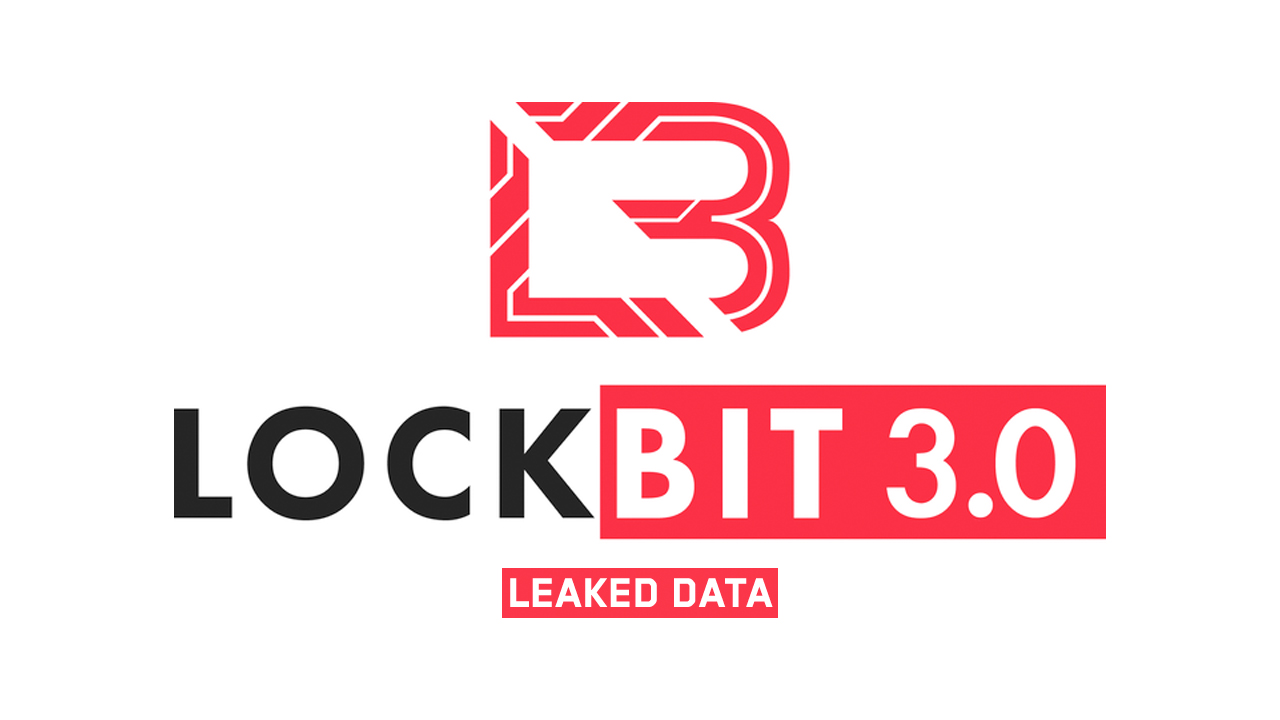CloudFlare network suffers weekend collapse
Attempt to protect service from attack results in crash.


Thousands of websites were taken offline over the weekend, after web services provider CloudFlare suffered a router crash that took its entire network down.
The company first acknowledged the issue on Sunday morning, California time, stating "we're experencing (sic) a network-wide issue. Looking into the root cause," on Twitter.
CloudFlare promises to "protect and accelerate" websites.
"Once your website is a part of the CloudFlare community, its web traffic is routed through our intelligent global network. We automatically optimise the delivery of your web pages so your visitors get the fastest page load times and best performance," the company claims on its website.
"We also block threats and limit abusive bots and crawlers from wasting your bandwidth and server resources. The result: CloudFlare-powered websites see a significant improvement in performance and a decrease in spam and other attacks," it adds.
However, an attempt by the company to thwart a Distributed Denial of Service (DDoS) attack resulted in it accidentally crashing its routers, taking all its clients' websites offline.
The company noticed packets between 99,971 and 99,985 long attempting to access customers' DNS servers, which it took as an indication of a DDoS attack. Therefore it wrote a rule to drop the packets, which inadvertently caused all the routers that received it to crash.
Get the ITPro daily newsletter
Sign up today and you will receive a free copy of our Future Focus 2025 report - the leading guidance on AI, cybersecurity and other IT challenges as per 700+ senior executives
In a blog post explaining the outage, CloudFlare said: "Flowspec accepted the rule and relayed it to our edge network. What should have happened is that no packet should have matched that rule because no packet was actually that large. What happened instead is that the routers encountered the rule and then proceeded to consume all their RAM until they crashed."
The manner in which the crashes happened prevented the routers from automatically rebooting, the company added.
The company has said accounts covered by SLAs will get credits and it is still investigating what caused the routers to crash.

Jane McCallion is Managing Editor of ITPro and ChannelPro, specializing in data centers, enterprise IT infrastructure, and cybersecurity. Before becoming Managing Editor, she held the role of Deputy Editor and, prior to that, Features Editor, managing a pool of freelance and internal writers, while continuing to specialize in enterprise IT infrastructure, and business strategy.
Prior to joining ITPro, Jane was a freelance business journalist writing as both Jane McCallion and Jane Bordenave for titles such as European CEO, World Finance, and Business Excellence Magazine.
-
 UK crime fighters wrangle “several thousand” potential cyber criminals in DDoS-for-hire honeypot
UK crime fighters wrangle “several thousand” potential cyber criminals in DDoS-for-hire honeypotNews The sting follows a recent crackdown on DDoS-for-hire services globally
By Ross Kelly
-
 US begins seizure of 48 DDoS-for-hire services following global investigation
US begins seizure of 48 DDoS-for-hire services following global investigationNews Six people have been arrested who allegedly oversaw computer attacks launched using booters
By Zach Marzouk
-
 Will triple extortion ransomware truly take off?
Will triple extortion ransomware truly take off?In-depth Operators are now launching attacks with three extortion layers, but there are limitations to this model
By Connor Jones
-
 GoDaddy web hosting review
GoDaddy web hosting reviewReviews GoDaddy web hosting is backed by competitive prices and a beginner-friendly dashboard, and while popular, beware of hidden prices
By Daniel Blechynden
-
 Japan investigates potential Russian Killnet cyber attacks
Japan investigates potential Russian Killnet cyber attacksNews The hacker group has said it’s revolting against the country’s militarism and that it’s “kicking the samurai”
By Zach Marzouk
-
 LockBit hacking group to be 'more aggressive' after falling victim to large-scale DDoS attack
LockBit hacking group to be 'more aggressive' after falling victim to large-scale DDoS attackNews The ransomware group is currently embroiled in a battle after it leaked data belonging to cyber security company Entrust
By Connor Jones
-
 Record for the largest ever HTTPS DDoS attack smashed once again
Record for the largest ever HTTPS DDoS attack smashed once againNews The DDoS attack lasted 69 minutes and surpassed the previous record of 26 million RPS
By Praharsha Anand
-
 Cloudflare unveils new One Partner Program with zero trust at its core
Cloudflare unveils new One Partner Program with zero trust at its coreNews Cloudflare CEO Matthew Prince says the initiative aims to take the complexity out of zero trust architecture
By Daniel Todd

